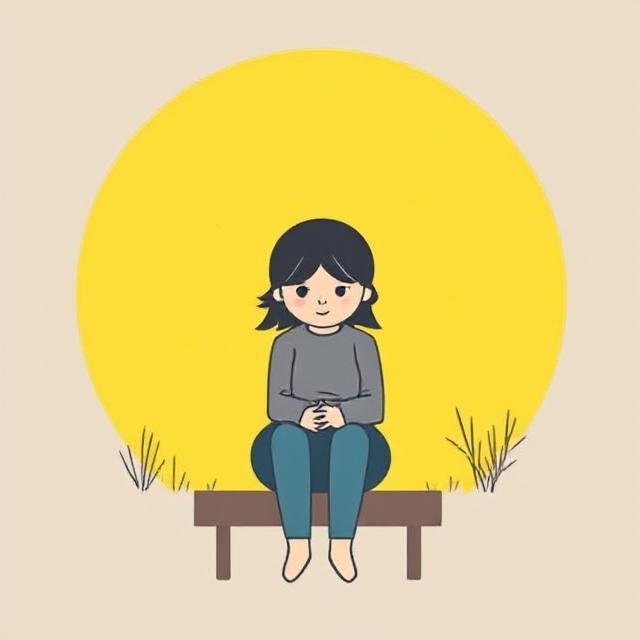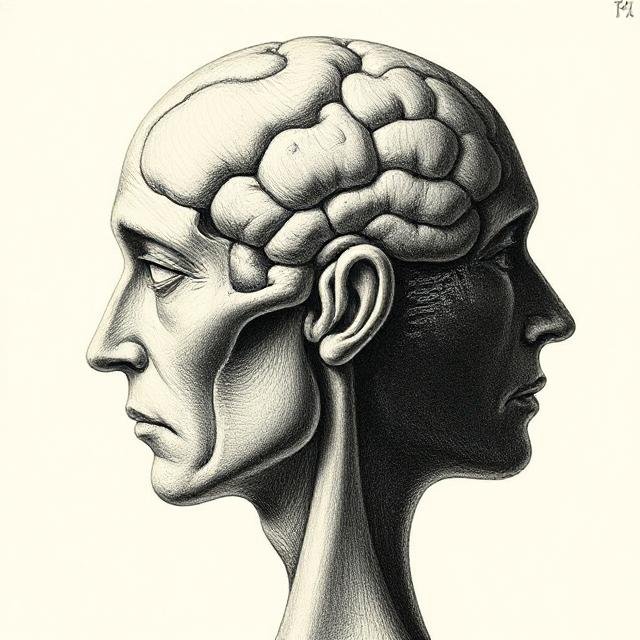Internet addiction refers to excessive or poorly controlled preoccupations, urges, or behaviors regarding internet use that lead to significant distress or impairment.
Although not formally recognized as a distinct disorder in the DSM-5-TR, Internet addiction is increasingly viewed as a behavioral addiction akin to gambling disorder.
Other terms used include:
- Internet Use Disorder
- Problematic Internet Use
- Compulsive Internet Use
Excessive internet use can affect:
- Work or school performance
- Relationships
- Mental and physical health
Signs and Symptoms of Internet Addiction
People struggling with internet addiction often experience:
- Preoccupation with being online
- Needing more time online to feel satisfied
- Failed attempts to cut back
- Feeling restless or irritable when unable to go online
- Neglecting responsibilities, hobbies, or relationships
- Using the internet to escape negative feelings
- Lying about the amount of time spent online
- Physical symptoms like headaches, eye strain, or poor sleep
These symptoms mirror patterns seen in other addictions—loss of control, withdrawal, and continued use despite negative consequences.
Common Types of Internet Addiction
Internet addiction isn’t a single behavior—it can involve different online activities, including:
Gaming Addiction
- Excessive online gaming
- Skipping work, school, or sleep to play
Social Media Addiction
- Constant checking of notifications
- Anxiety if unable to access platforms
Cybersex Addiction
- Compulsive use of adult chat rooms or pornography
- Neglecting personal relationships
Online Shopping Addiction
- Frequent buying sprees
- Financial consequences
Information Overload
- Compulsive web surfing or news consumption
- Losing hours to random online searches
Identifying your specific pattern helps tailor treatment strategies.
Causes and Risk Factors
Internet addiction develops from a mix of biological, psychological, and social factors.
Biological Factors
- Brain reward pathways activated by internet use
- Dopamine surges similar to substance addictions
Psychological Factors
- Stress, anxiety, or depression
- Low self-esteem
- Impulse-control difficulties
Social and Environmental Factors
- Easy, constant internet access
- Social isolation
- Pressure to stay connected
People who struggle with loneliness, boredom, or underlying mental health conditions are at higher risk.
How to Know If You Have an Internet Addiction
Wondering if your internet use has become problematic? Consider these questions:
✅ Do you spend more time online than you intend?
✅ Do you feel anxious or irritable when not online?
✅ Are you neglecting work, school, or relationships?
✅ Have you tried to cut back and failed?
✅ Is the internet your main escape from stress or sadness?
If you answered “yes” to several, you might be experiencing problematic internet use.
What to Do If You Have Internet Addiction
The good news: Internet addiction is treatable. Here’s how to start:
Track Your Usage
- Use apps to monitor time online.
- Note triggers that lead to excessive use.
Set Limits
- Schedule “offline” hours.
- Create device-free zones (e.g. bedroom, dinner table).
Replace Online Time with Healthy Habits
- Exercise
- Reading
- Socializing offline
- Hobbies
Seek Professional Help
If self-help isn’t enough, therapy can help. Common approaches:
- Cognitive Behavioral Therapy (CBT): Identifies triggers and builds healthier habits.
- Motivational Interviewing: Increases readiness for change.
- Group therapy or support groups: Reduces isolation.
Address Underlying Issues
Internet addiction often coexists with depression, anxiety, or ADHD. Treating these conditions can help reduce compulsive online behavior.
Talk to Someone You Trust
Open conversations with friends, family, or partners can provide support and accountability.
Remember: You don’t have to quit the internet entirely. It’s about regaining control and using technology in a balanced way.













